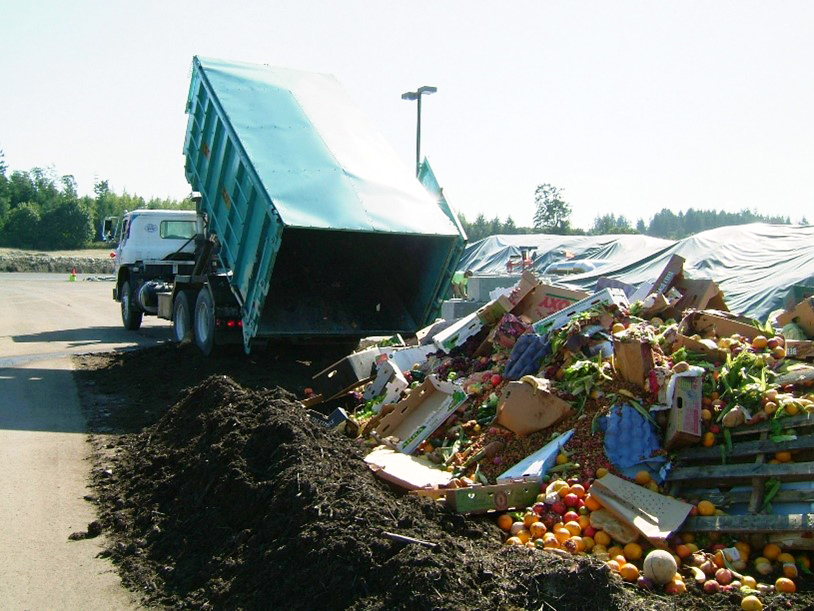
The public is invited to review and comment on model ordinances that will help city and county governments create successful organics recycling programs.
The Department of Ecology is committed to helping Washington communities reduce landfill waste and build a more sustainable future. A key part of that mission is diverting organic materials – food scraps, yard waste, and more – away from landfills. To help local governments achieve this, our Organics Management Group has developed model ordinances to help city and county governments create successful organics recycling programs.
Now, we need your input!
We're excited to announce the start of a public comment period for these model ordinances. Now through Jan. 28, 2025, the public is invited to review the model ordinances and tell us about potential environmental impacts. Once finalized, cities and counties will have the option of adopting the ordinances whole, in part, or use them as a reference to write their own language intended to:
- Implement mandatory organics collection: This includes guidance for single-family residences and certain businesses within designated Organics Recycling Collection Areas (ORCA) and/or Business Organics Management Areas (BOMA).
- Require waste reduction, diversion, and management plans: These plans would be needed as part of special event permits.
- Ensure new buildings are designed for organic waste collection: This applies when new buildings are anticipated to generate 0.25 cubic yards per week or more of organic waste at their final site.
Model ordinances are important
These model ordinances are designed to help local governments comply with Washington's Organics Management Laws, as directed by RCW 70A.205.030. They provide an available framework for implementing effective organics recycling programs. Local governments that adopt the model ordinance without significant changes could avoid the need for a local State Environmental Policy Act (SEPA) review (as per RCW 70A.207.030).
SEPA review
Before we publish final model ordinances, we are conducting a SEPA review and seeking your feedback on the potential environmental impacts they might have. We have issued a Determination of Nonsignificance based on our initial assessment that indicates these ordinances are not expected to have a significant adverse impact on the environment.
How to participate
Your feedback is crucial to ensuring these model ordinances are effective and responsive to community needs. It’s easy to participate with three simple steps:
- Visit the project webpage.
- Read the documents and review the proposed model ordinances and our Determination of Nonsignificance.
- Leave your comments. We want you to share your thoughts about potential environmental impacts on the public comment page of the project website. All comments must be submitted through the public comment page. Comments received through email or in writing will be added to the public page.
Direct questions about the comment period and model ordinances to Patrick Merscher at patrick.merscher@ecy.wa.gov or 564-233-1065.
Let’s continue making Washington a leader in organics recycling! Your comments will help us create effective model ordinances that support sustained collection programs for years to come.
Visit the project page and submit your comments today!

